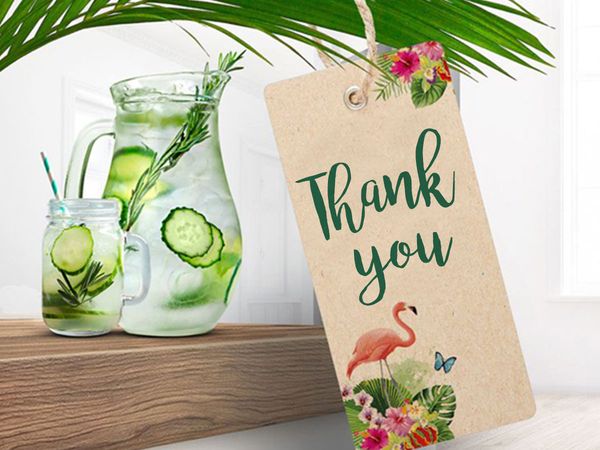Check out the Bosch blog section.
Let yourself be inspired by various recipes, tips & tricks on how to take care of Bosch Home Appliances and how to be Eco-responsible and more.
Let yourself be inspired by various recipes, tips & tricks on how to take care of Bosch Home Appliances and how to be Eco-responsible and more.

At Bosch we are always striving to improve our products and services and value your opinion. Can you help us by answering this brief survey?
It will not take you more than a minute.
If you need any support, please contact us or call us at 0344 892 8979.
Thank you

At Bosch we are always striving to improve our products and services and value your opinion. Can you help us by answering this brief survey?
It will not take you more than a minute.
If you need any support, please contact us or call us at 0344 892 8979.
Thank you